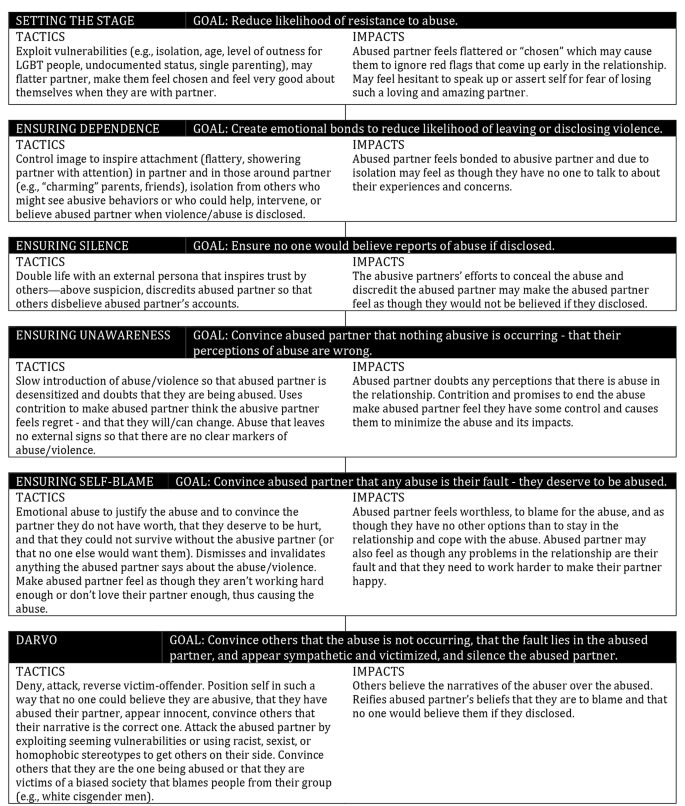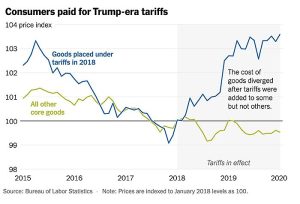The Coercive Tactics Behind Domestic Violence Recantations

By Wendy L. Patrick
Many people know someone they suspect or know is being abused. In families, friendships, or workplaces, concerns about hidden suffering often spark fears for safety. As a career prosecutor, I’ve witnessed how perpetrators manipulate victims to recant their accounts, undermining justice and accountability.
A 2011 study by Amy E. Bonomi et al. examined real cases where domestic violence suspects attempted to persuade victims to retract their statements. Using data from 25 heterosexual couples, the researchers analyzed telephone conversations between perpetrators and victims during the latter’s incarceration pre-prosecution. The study revealed how victims’ decisions to recant were shaped by coercive tactics, including appeals to sympathy. Perpetrators described physical and mental suffering, “intolerable” jail conditions, and emotional threats of life without the victim.
Bonomi et al. found that perpetrators also minimized the abuse while both parties envisioned a future apart. Once victims decided to recant, couples devised plans to reframe incidents as misunderstandings, blaming the State for their separation. This collaborative effort often positioned them as “victims” of an unfair judicial system.
Notably, only one perpetrator in the study used direct threats, warning, “If you go against me on this one, it’s gonna’ be the worst mistake you ever make in your whole life.” Most relied on psychological manipulation, leveraging guilt and sympathy to reshape victims’ narratives. The study highlights how these tactics—referred to as “witness tampering”—undermine domestic violence prosecutions.
Efforts to prevent and intervene in such cases remain critical. Those who suspect abuse are urged to report it, while affected individuals are encouraged to seek support from professionals or trusted networks.







